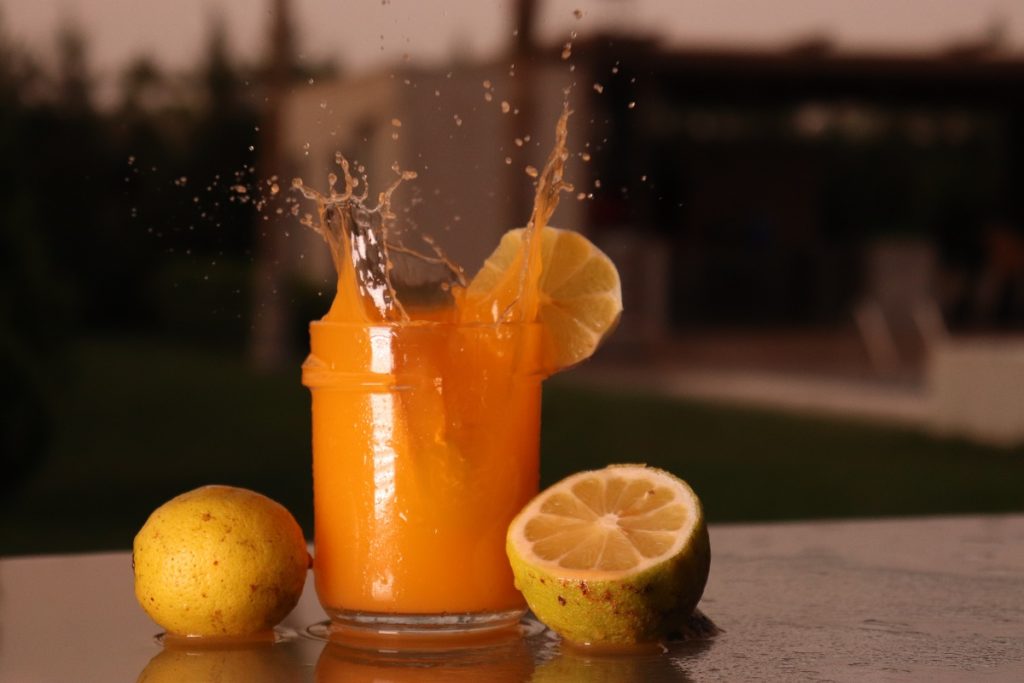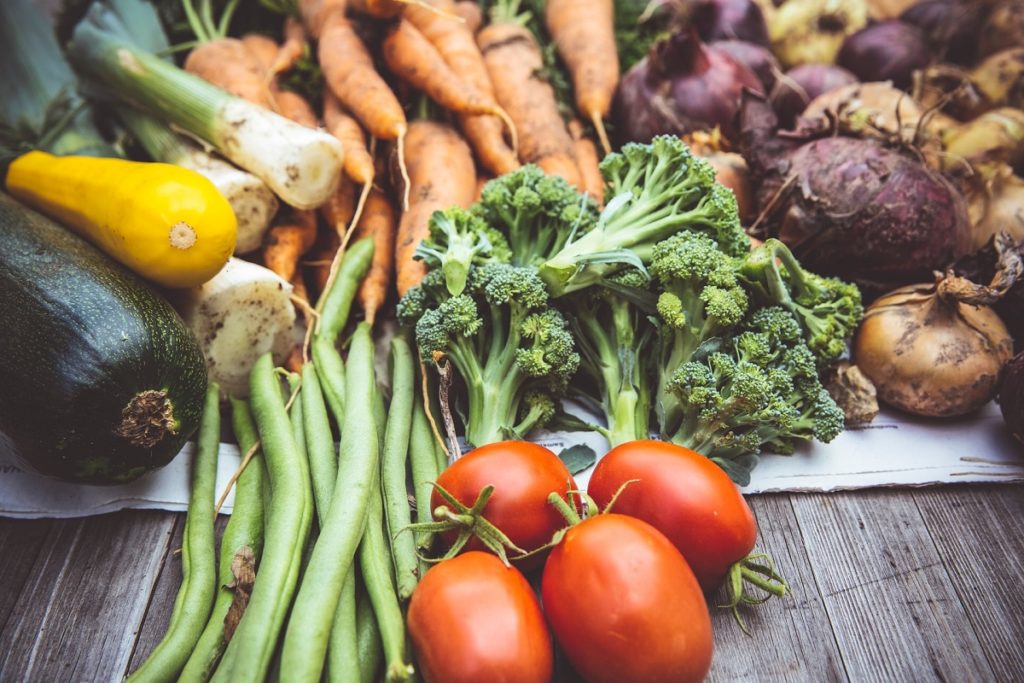Fatigue, general body aches and stiff limbs and joints. Especially in the legs. The gums swell and begin to bleed. Teeth turn black and eventually become loose. Spontaneous bleeding under the skin, wounds no longer heal properly, anaemia sets in. If the situation does not improve, the person dies from complications, bleeding and/or infections.
Scouring belly due to vitamin C deficiency. Vitamin C deficiency has killed at least 2 million sailors and many soldiers.
Scurvy arose frequently on ships due to a prolonged deficiency of vitamin C. The disease was particularly common on ships since the voyages of discovery beginning in the late fifteenth century. It is estimated that scurvy has killed about two million sailors since the year 1500. The disease is also known as scorbutus or scorching and led to a slow and painful death. It killed more people than storms, disasters and violence. According to historians, scurvy caused more deaths at sea than sea storms, disasters, other diseases and naval wars combined. Scurvy is thought to have existed in prehistoric times (Encylopedia Brtitannica). Later, the philosopher Avicenna also described this disease. Thus, it not only struck sailors but also soldiers during the Crusades.

The solution was simple. Thanks to Scottish ship’s doctor James Lind. Drink orange juice and the disease was gone. Vitamin C.
In 1753, Scottish ship’s doctor James Lind came up with an effective remedy against scurvy, namely drinking juice from oranges. Shortly afterwards, the British explorer James Cook built on this by providing the crew of British ships with vegetables, sweet potatoes and coconuts as standard. After this, citrus fruits and vegetables became so common on board especially British ships that the English nicknamed their sailors limeys.
“ Ageing goes faster, the greater the deficiencies in our diet” Dr Le Compte. The Belgian doctor who for decades kept bringing lawsuits against the Order of Physicians. After 20 years, he was largely vindicated by the European Court of Human Rights.

Today: A large part of the population suffers from a vitamin C deficiency due to an insufficient intake of vegetables and fruit.
Yes, we eat too little fruit and vegetables and therefore too little vitamin C. And our fruit and vegetables today contain less vitamin C than they used to. Unripe fruit to pick, longer transport times and storage are partly responsible. Vitamin C is very sensitive to light, heat and oxygen.
What are the consequences? The consequences are the same as in the past, but today we focus on reduced resistance to colds. Different points of attention like reduced collagen production, less strong connective tissue and more and slower healing infections. But let us not forget the past. Insufficient vitamin C reduces the strength of the blood and capillaries, causes oxidative stress and is thus partly responsible for cardiovascular diseases. Varicose veins and bleeding gums. Indirectly also anaemia because vitamin C also promotes the absorption of iron.

Good sources of vitamin C? Radiant skin needs vitamin C and sunshine. Super boosters of collagen.
Good sources of vitamin C are fruit and vegetables. Boosters are amla and aceola. Followed by guava, blackcurrant, kiwi, strawberry, parsley, etc…. Be aware that vitamin C does not like heat, light and air. The content will fade away so quickly. Good luck
Various sources but highly recommended: https://historiek.net/scheurbuik-zeeziekte-voc-betekenis-vitamine-c/126950/
